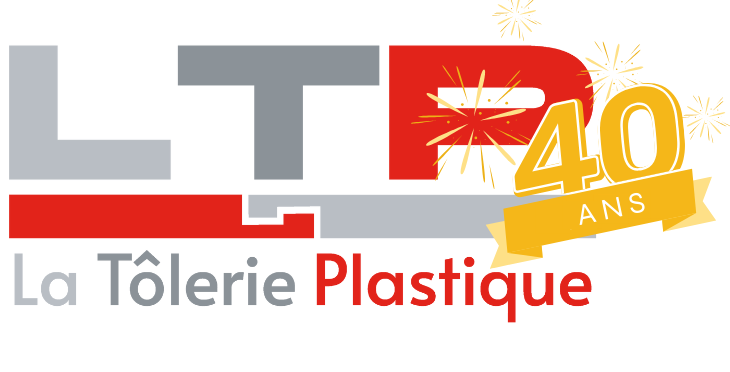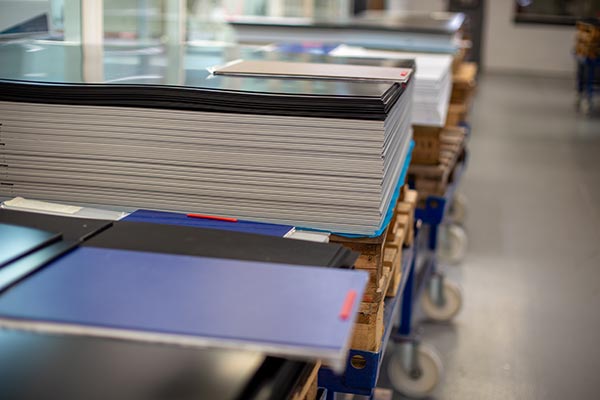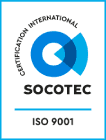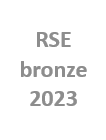When designing enclosures or bespoke plastic parts, the choice of material is crucial.
How do I choose between ABS, PVC, PMMA and PC?
Here is an overview of the characteristics of ABS, PVC, PMMA and PC plastics, which are frequently used in this type of project. What are the advantages and disadvantages of plastic materials for making custom enclosures or parts?
1. ABS (Acrylonitrile Butadiene Styrene) for enclosures or customised plastic parts
Advantages:
Excellent impact resistance: ABS is ideal for applications requiring great robustness.
Versatile processing: Easy to machine and thermoform, ABS adapts very well to LTP enclosure technology.
Aesthetically pleasing: This material offers a pleasing surface. LTP works mainly with a fine grain finish.
Disadvantages:
Heat sensitivity: ABS can deform at high temperatures, limiting its use in hot environments.
UV degradation: It is likely to fade and deteriorate over time if exposed to unprotected sunlight. LTP therefore recommends a paint finish.
2. PVC (polyvinyl chloride) for enclosures or custom-made plastic parts
Advantages:
Resistance to outdoor conditions: PVC is highly resistant to weather, UV and chemicals, ensuring the durability of parts designed for outdoor applications.
Competitive cost: This is one of the most affordable plastics.
Ease of manufacture: This material is easy to process by cutting, welding or forming, making it easy to produce customised parts.
Disadvantages:
Rigidity: PVC can lack flexibility, making it less effective in the event of heavy impact.
Environmental impact: Its production and recycling can pose environmental problems.
3. PMMA (Polymethyl methacrylate) for enclosures or custom plastic parts
Advantages:
Exceptional transparency: PMMA is ideal for applications requiring optical clarity, allowing light to be diffused efficiently.
UV resistance: This material will not yellow over time, ensuring greater durability for outdoor applications.
Aesthetic Design: With its glossy finish and colourability, PMMA offers a wide range of design options.
Disadvantages:
Fragility: PMMA is more likely to break, which can be a disadvantage for parts subjected to impact.
High cost: Its price can be a limiting factor for projects on a tight budget.
4. PC (Polycarbonate) for enclosure or customised plastic part
Advantages:
Exceptionally robust: Polycarbonate is extremely impact-resistant, ideal for parts requiring maximum durability.
Transparency and clarity: Like PMMA, PC offers excellent transparency, useful for specific applications.
Heat resistance: This material can withstand high temperatures without deforming.
Disadvantages:
Sensitivity to scratches: Its surface can be more easily scratched, which may require treatment to improve its durability.
High cost: Polycarbonate is often more expensive than other options, which can influence overall project costs.
The choice of material for the manufacture of enclosures or custom-made parts will depend on the specific requirements of the project, the budget and the conditions of use. In addition, compliance with European directives, particularly those concerning PFAS, is essential to guarantee product safety and durability. Each material has distinct characteristics, and a thorough assessment of these advantages and disadvantages, taking compliance standards into account, will enable you to make an informed decision for your design needs. Each sector has its own specific characteristics:
Health and Beauty
- Medical
- Laboratories
- Paramedical
- Cosmetics
Industry
- Analysing equipment
- Control and measurement equipment
- IT for Professionals
General Electronics
- Connected buildings
- IoT
- Detection and security
- Office technology
For over 35 years, LTP has been supplying medical device manufacturers with made-to-measure plastic covering solutions that are made without moulds and are quick to implement. Do you have a project in mind? Contact us today for a free consultation. Request your custom prototype to accelerate your time-to-market and win over your customers right from the early stages of development.
💡 Would you like to find out how LTP can help you with your custom plastic enclosures or parts? Schedule your exclusive Discovery Session via TEAMS for your engineering personnel; live in 30mins! j.bertin@ltp.fr
📄 Start your project with LTP today: Get a Quote
🏭 Come and discover our showroom and production facilities: Google Maps
✅ What do you think of this information? Tell us what is your opinion : Google Business
👉 Contact us now : Form and contact details to get in touch with our company
- +33 (2) 35 54 63 40
Email: sales@ltp.fr



